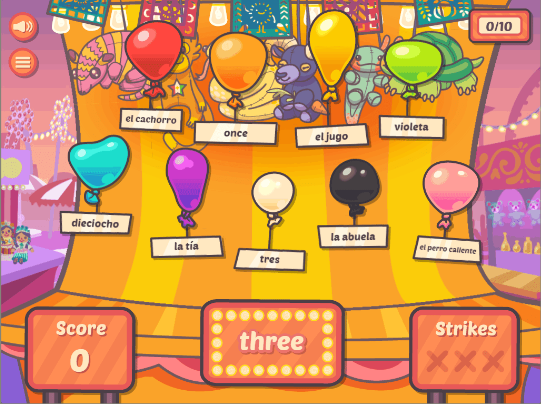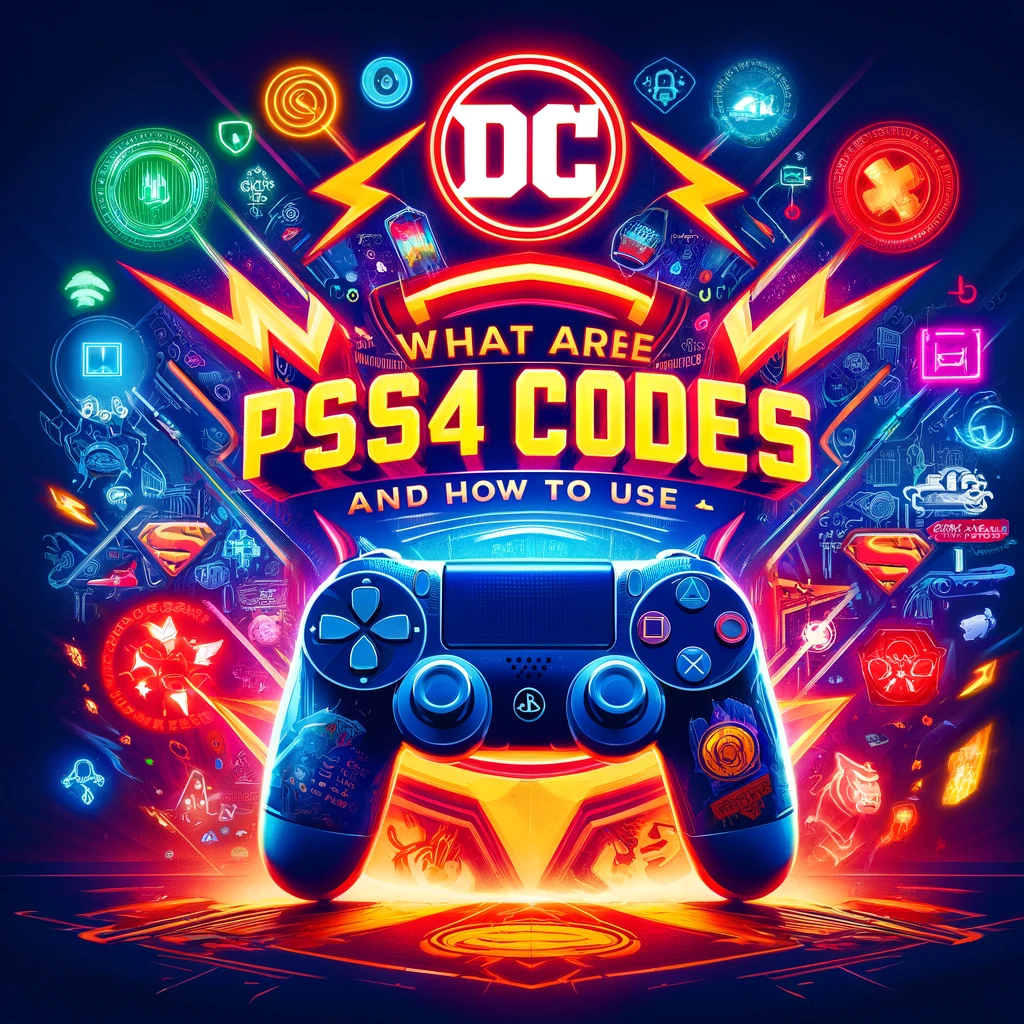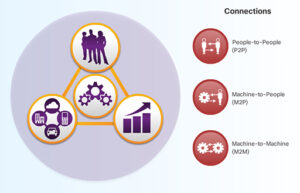How Letterdle Is Changing the Way We Approach Word Games
The Rise of Letterdle in the World of Word Games
In recent years, the digital game landscape has been remarkably diversified, especially within the realm of word games. Among these emerging stars is Letterdle, a game that has captivated the attention of puzzle enthusiasts around the globe. Unlike traditional word puzzles that often rely on a player’s existing vocabulary and quick thinking, Letterdle introduces a dynamic blend of guesswork, strategy, and linguistic skill, making it uniquely challenging. This article explores how Letterdle is reshaping the way we think about and engage with word games.
What is Letterdle? Understanding the Game
Letterdle is a modern word game that combines elements of mystery and deduction to challenge the player’s understanding of language and word structure. Each game consists of guessing a five-letter word within a limited number of attempts. After each guess, the game provides feedback in the form of color-coded clues that indicate how close the guessed letters are to the actual word. This instant feedback loop not only aids in solving the puzzle but also makes learning a dynamic part of the gameplay.
Historical Context and Evolution of Word Games
Word games have a long history, dating back to crosswords and word search puzzles that have been popular in newspapers for over a century. However, the digital age has ushered in a new era of interactive and socially-driven word games. Letterdle stands on the shoulders of giants like Scrabble and Boggle but introduces a unique twist with its use of technology and social media integration, making it a product of its time.
Gameplay Mechanics: How Letterdle Works
The core of Letterdle’s gameplay is its simplicity and depth. Players are given six attempts to guess a five-letter word. Each letter in the guess is highlighted in different colors—green, yellow, or gray—signifying if the letter is correctly placed, in the word but in the wrong place, or not in the word at all, respectively. This section can delve into strategies that players commonly use and the statistical likelihood of guessing the word based on different approaches. You can also read The Comprehensive Guide to Reetata Reviews
Cognitive Benefits of Playing Letterdle
Engaging with Letterdle is not only fun but also beneficial for cognitive development. Regular play can enhance problem-solving skills, improve vocabulary, and even boost psychological well-being by providing a sense of accomplishment. This part of the article could include insights from psychologists or educators who have observed these benefits.
Social Aspects of Letterdle
Letterdle has grown not just as a game but as a social phenomenon. Players often share their results on social media, challenging friends, or discussing strategies in dedicated online communities. This section could explore how Letterdle fosters a sense of community among its players and the role of social media in its rapid spread.
Letterdle in Education
Given its educational potential, some educators have started to incorporate Letterdle into teaching strategies. This part would look at how teachers use the game to enhance learning outcomes in language classes and develop critical thinking skills among students.
Future of Letterdle and Word Games
As digital technology advances, so too does the potential for games like Letterdle to evolve. This final section could speculate on future developments in the genre, including potential technological advancements like augmented reality implementations or AI-driven personalization of puzzle difficulty.
Conclusion: The Lasting Impact of Letterdle
In wrapping up, the article would summarize how Letterdle has not only provided entertainment but also contributed to the broader dialogue about digital learning tools and community engagement in gaming. The game exemplifies how traditional puzzles can be transformed into modern tools for education and social interaction.














Post Comment